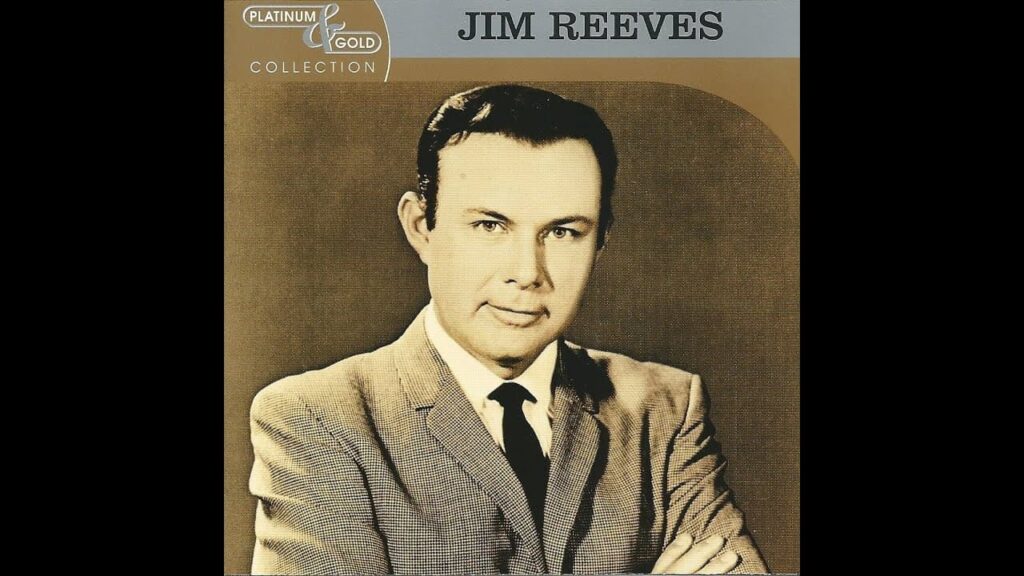
Jim Reeves’s Timeless Tale of Painful Rejection
In the annals of country music, few voices are as smooth and as gentle as that of Jim Reeves. His baritone was a warm, comforting presence on the radio, a sound that transcended the often-brash nature of traditional country to create what would later be known as the Nashville Sound. Yet, even in his most serene songs, there lay a deep current of human emotion—a truth that is especially apparent in his poignant posthumous hit, “I Won’t Come In While He’s There.”
This haunting track holds a unique place in Jim Reeves’ story. It was one of the very last songs he recorded before his tragic and untimely death in a plane crash in 1964. The song, written by Gene Davis, was released posthumously in December 1966 as a single from the album ‘The Blue Side of Lonesome’. The single proved to be a massive success, a testament to his enduring legacy. It climbed all the way to number 1 on the U.S. Billboard Hot Country Singles chart, his sixth and final posthumous chart-topper. In the UK, it found a different kind of success, peaking at number 12 on the Official Singles Chart in early 1967. This commercial triumph, coming years after he was gone, speaks volumes about the connection his music had with people, a connection that seemed to defy time itself.
The story behind “I Won’t Come In While He’s There” is as melancholy as its lyrics. The song tells a heartbreaking tale of a man returning to the home of a former love, only to see another man’s car in the driveway and the curtains drawn. The meaning is clear and brutal: he realizes he has been replaced. The song is not a jealous outburst or a furious tirade. Instead, it’s a quiet, dignified retreat. The protagonist knows he “might do something I’d be sorry for later,” and so, with a heavy heart, he chooses to walk away. This act of painful self-restraint is at the very core of the song’s emotional power. It’s a moment of profound sadness, where the reality of loss hits with the force of a physical blow. The simplicity of the title and the refrain, “I won’t come in while he’s there,” perfectly captures the dignified, yet utterly broken spirit of the narrator.
For those of us who remember a time when songs told complete, heartfelt stories, this track is a perfect example of the genre’s power. The gentle piano, the subtle strings, and the hushed vocal delivery from Reeves himself create an atmosphere of quiet desolation. It’s a song that speaks to a feeling we all know—the gut-wrenching realization that life has moved on without us, and that a cherished chapter of our life is truly and completely closed. Listening to “I Won’t Come In While He’s There” today, you can’t help but feel a sense of both nostalgia and melancholy. It reminds us of a time when the world seemed a little gentler, even when the songs were about the hardest truths. The fact that this mournful ballad became a major hit after his death only adds to its mystique, turning it into a beautiful, lasting epitaph for a voice that will forever be remembered as a gentleman of country music.